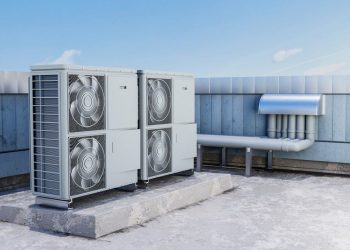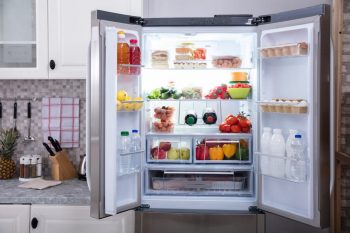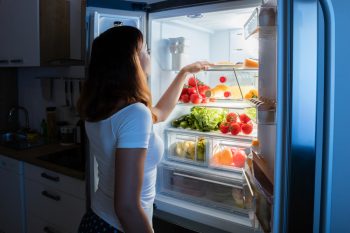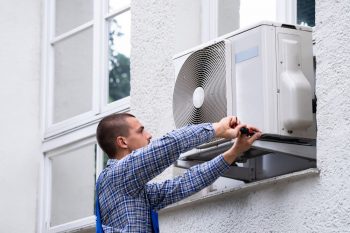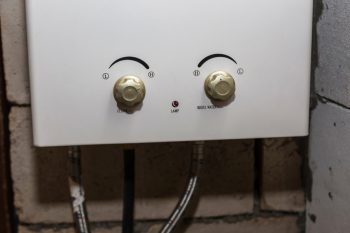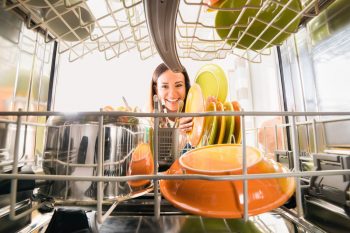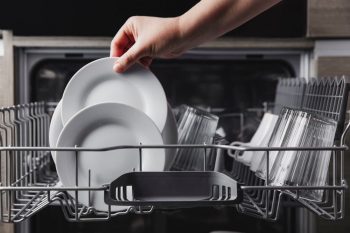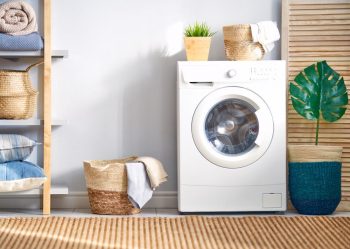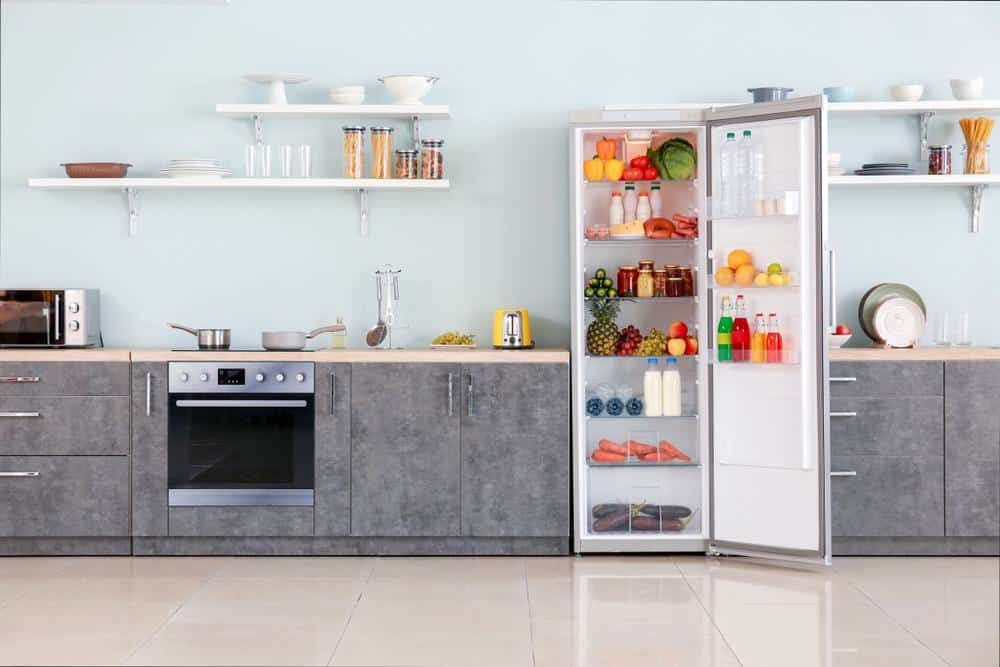
Kenmore refrigerators are known for their reliability and longevity. However, like any appliance, they may occasionally experience problems. One common issue is the refrigerator freezing food. This issue can be frustrating and may lead to wasted food. But why does this happen? In this comprehensive guide, we’ll explore the reasons behind this issue and provide practical solutions to help you resolve it.
Your Kenmore refrigerator may be freezing food due to incorrect temperature settings, a malfunctioning thermostat, blocked air vents, damaged door gaskets, or issues with the defrost system. Adjusting the temperature settings, ensuring vents are not blocked, replacing the thermostat or door gaskets, and fixing the defrost system can often resolve the issue. If these steps don’t work, it’s best to seek professional help.
Incorrect Temperature Settings
The most common reason for a Kenmore refrigerator to freeze food is incorrect temperature settings. The ideal temperature for a refrigerator should be between 37°F and 42°F. If the temperature is set too low, it can cause food to freeze.
For example, if you set your refrigerator temperature to 32°F, this is below the freezing point, and it’s likely your food will freeze. By adjusting the temperature settings to the recommended range, you can prevent food from freezing.
Malfunctioning Thermostat
A malfunctioning thermostat can also cause your refrigerator to freeze food. The thermostat is responsible for regulating the temperature inside the fridge. If it’s faulty, it may cause the refrigerant system to run longer than necessary, resulting in freezing food.
For instance, if your thermostat is set to 40°F but the actual temperature inside the fridge is much lower, it’s possible your thermostat is malfunctioning. In this case, the thermostat may need to be replaced.
Blocked Air Vents
Another common reason is blocked air vents. The air vents in your fridge help circulate cold air from the freezer to the refrigerator compartment. If these vents are blocked by food items or ice buildup, it can cause an uneven distribution of cold air, leading to freezing food.
For example, if you store a lettuce head close to the air vent, it may freeze while other items in the fridge remain at the right temperature. To resolve this, ensure that food items are not blocking the air vents.
Damaged Door Gaskets
Damaged door gaskets can also lead to freezing issues. The door gasket is responsible for sealing the gap around the door to keep cold air in and warm air out. If the gasket is damaged or not sealing properly, it can cause the refrigerator to run continuously, leading to excessive cold and freezing of food.
For instance, if you notice frost buildup inside your fridge or see visible damage to the door gasket, it’s likely contributing to the freezing issue. In this case, the door gasket may need to be replaced.
Defrost System Issues
Finally, issues with the defrost system can cause your Kenmore refrigerator to freeze food. The defrost system is designed to prevent frost buildup inside the fridge. If the defrost system is not working properly, it can lead to a buildup of frost, which can cause the refrigerator to become too cold and freeze food.
For example, if you notice a thick layer of frost on the back wall of your fridge, it’s likely your defrost system is not working properly. In this case, the defrost system may need to be repaired or replaced.
When to Seek Professional Help
If you’ve tried the above solutions and your Kenmore refrigerator is still freezing food, it may be time to seek professional help. A trained appliance repair technician can diagnose and fix the issue.
For instance, if your refrigerator is still freezing food after adjusting the temperature settings, unblocking the air vents, replacing the thermostat, repairing the door gasket, and fixing the defrost system, it’s likely a more complex issue that requires professional diagnosis and repair.
In conclusion, while it can be frustrating to deal with a refrigerator that’s freezing food, understanding the potential causes and solutions can help you resolve the issue and prevent future problems. If in doubt, don’t hesitate to seek professional help. After all, a well-functioning refrigerator is key to keeping your food fresh and safe to eat.
Frequently Asked Questions
What is the ideal temperature for a freezer compartment?
The ideal temperature for a freezer compartment in a refrigerator is 0°F (-18°C). This temperature is sufficient to preserve your food and prevent bacterial growth.
How can I tell if my refrigerator’s thermostat is malfunctioning?
If your refrigerator is too cold and freezing food, even when the thermostat is set to a higher temperature, it might be malfunctioning. Another sign could be if your refrigerator is not cooling at all even when the thermostat is set to a low temperature. In both cases, it’s recommended to seek professional help for accurate diagnosis and repair.
How often should the defrost system in a Kenmore refrigerator operate?
The defrost system in a Kenmore refrigerator typically operates once every 6-8 hours. However, the exact frequency can vary depending on the model and usage.
How can I prevent my food items from blocking the air vents?
To prevent food items from blocking the air vents, ensure there is enough space between the items and the vents. Also, avoid overfilling your refrigerator as this can block the flow of cold air.
How can I check if the door gasket is sealing properly?
One way to check if the door gasket is sealing properly is by performing the dollar bill test. Close the refrigerator door on a dollar bill and try to pull it out. If it slides out easily, the gasket may not be sealing properly. Also, visually inspect the gasket for damage or wear and tear.

